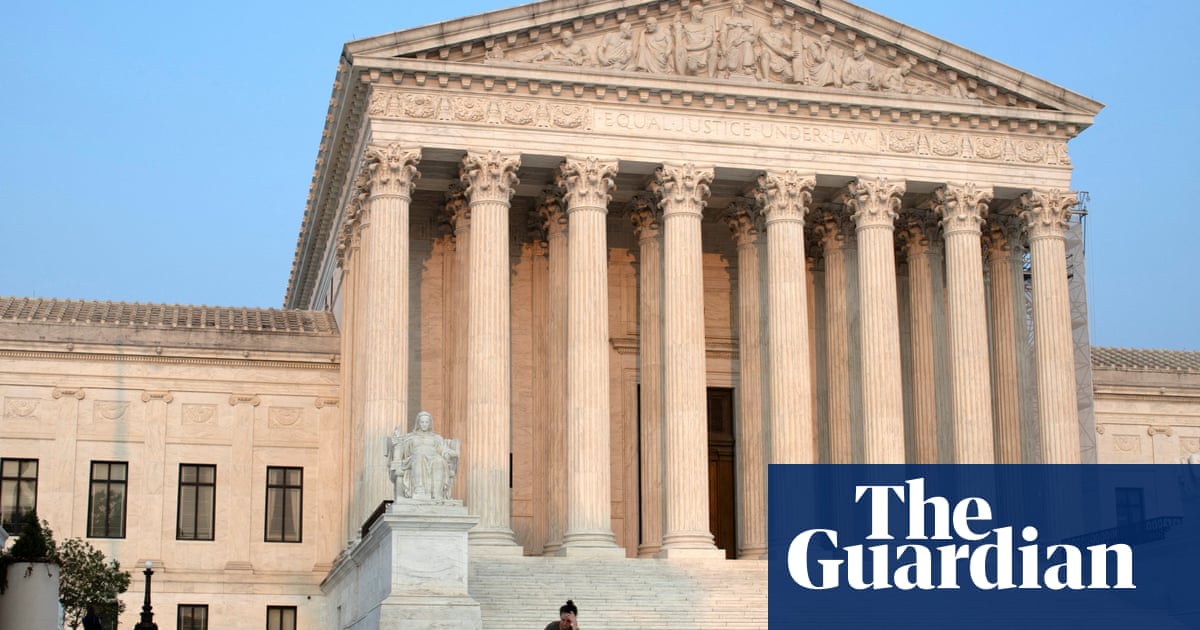At least £22,000 was spent by the Home Office on hiring lawyers in a failed attempt to prevent the release of a hard-hitting internal report that found that the roots of the Windrush scandal lay in 30 years of racist immigration legislation, officials have acknowledged this week.
The government spent three years attempting to bury a report written by a Home Office commissioned historian, which described how “the British empire depended on a racist ideology in order to function” and noted that immigration laws in the postwar period were designed to reduce the UK’s non-white population.
James Coombs, a transparency campaigner, took the case to the information commissioner arguing that the Home Office had refused to release the study because the information was “politically embarrassing”. His request was rejected in 2023 but he won an appeal at the general regulatory chamber information rights jurisdiction first-tier tribunal last year.
Responding to a freedom of information request for a breakdown of the costs of the department’s unsuccessful attempts to prevent wider publication of the report titled The Historical Roots of the Windrush Scandal, the Home Office this week revealed that the legal bills for defending the case at the first tier tribunal amounted to £22,339.60. The department added that this sum was only a fraction of the total spent on attempting to restrict circulation of the material.
The figure does not include the costs of the Home Office staff who worked on the issue nor the costs of the Home Office legal advisers who prepared the case for the government legal department, because their work is not billed to the Home Office on individual cases, the department said.
The report, which was leaked to the Guardian in May 2022, concluded that the origins of the “deep-rooted racism of the Windrush scandal” lay in the fact that “during the period 1950-1981, every single piece of immigration or citizenship legislation was designed at least in part to reduce the number of people with black or brown skin who were permitted to live and work in the UK”.
The paper found that: “Major immigration legislation in 1962, 1968 and 1971 was designed to reduce the proportion of people living in the United Kingdom who did not have white skin.”
The Windrush scandal arose out of thousands of people legally resident in Britain, many of whom were born in the Caribbean, being wrongly classified as immigration offenders. As a result, many were sacked from their jobs, evicted from their homes or denied healthcare and pensions; some were wrongly arrested, detained and deported.
Wendy Williams, the independent inspector who advised the department on what changes to make in the wake of the scandal, found that “officials’ poor understanding of Britain’s colonial history” had been one of the causes. Ministers subsequently agreed to teach all 35,000 Home Office employees about Britain’s colonial history, and this historical report was commissioned as part of that work.
In legal arguments submitted to justify withholding the report, the Home Office suggested that the historian they had commissioned to write the paper was potentially “subject to biases”, adding that his history “in addition to not necessarily representing the view of the Home Office – does not represent the views of every historian nor is it the only reasonable interpretation of historical events”.
The Home Office was last year forced to release the 52-page report by a tribunal judge who quoted George Orwell in a judgment criticising the department’s lack of transparency.
Sam Raphael, a lecturer in politics at the University of Westminster, who submitted the freedom of information request on costs, said the attempts to prevent the document’s release was a clear waste of public money, adding: “The report was embarrassing, but embarrassment is not grounds for exemption under freedom of information rules.”
Since 2019, the Home Office has paid out about £108m in compensation across 3,155 Windrush claims.
A Home Office spokesperson said: “These costs were incurred under the previous government. Upon taking office, the home secretary published this internal report, signalling our intent to welcome challenge as part of the fundamental reset promised.”

.png) 19 hours ago
3
19 hours ago
3













































